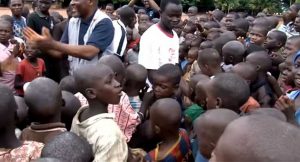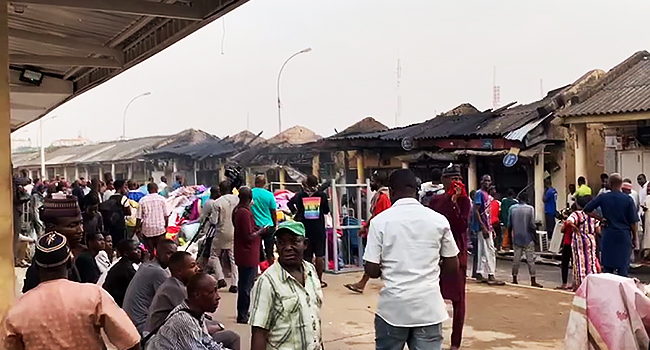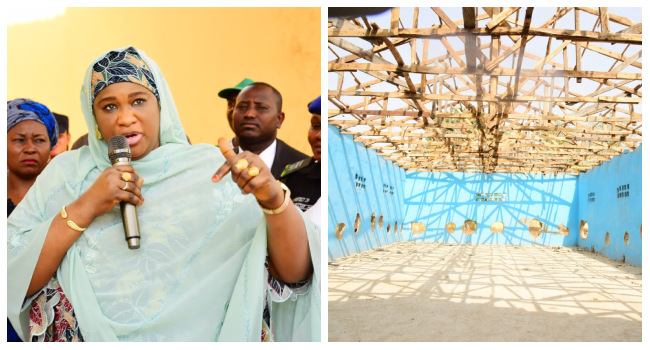
UNICEF Deputy Executive Director, Omar Abdi, stated this in Maiduguri after a tour of camps for Internally Displaced Persons (IDP) both within and outside the Borno State capital.
Mr Abdi led a team of UNICEF officials from the offices in New York, Dakar and Abuja to undertake an on-the-spot needs assessment among the affected population.
“We have scaled up our programmes in working with other partners and supporting government efforts. So far the nutrition community has reached 12,000 children that are severely malnourished per month.
“We need to quadruple that number in order to reach all of the children that are severely malnourished. If they are not treated quickly, they are at risk of dying both from malnutrition and from other diseases such as diarrhoea and malaria and so on,” he said
The UNICEF team is also concerned about the education and access to clean water for thousands of children affected by the Boko Haram insurgency in northeast Nigeria.
According to the UNICEF Regional Director, Marie Pierre Poirier, access to clean water was another area of concern.
“The Thing that we have seen over the last days that is really strong is how the response in Nigeria to deal with this food insecurity tries to capitalise and attack the problem from different angle.
“So good distribution is very important but that’s not sufficient to get the kids out of that situation. In every IDP camp, we saw that there was a desire from our Nigerian counterparts with the help of UNICEF and partners to really bring in that aspect of water because if you don’t have safe water, you don’t have hygiene and you will create conditions where children cannot maintain the food in their body”, she explained.
UNICEF said even though resources are scarce and the time is short, there is a need to take advantage of any opportunity to tackle the problem.
The agency expressed readiness to increase its support and fill the gaps they have observed in their tours.




